How Do You Know if Dental Crowns are Best for You?
Are you considering dental crowns to enhance your smile or address dental issues? Our Staten Island dentists understand the importance of making an informed decision when it comes to your dental health.
Explore the pros and cons of dental crowns to help guide you through your decision-making process. Whether you’re seeking cosmetic improvement or restorative treatment, understanding the benefits and drawbacks of dental crowns is crucial.
Benefits of Dental Crowns
Enhanced Aesthetics
One of the primary benefits of dental crowns is their ability to enhance the aesthetics of your smile. If you have discolored, misshapen, or severely decayed teeth, dental crowns can provide a natural-looking solution. We’ll ensure that your dental crowns perfectly match the color and shape of your natural teeth, resulting in a seamless and beautiful smile.
Increased Strength and Durability
Dental crowns are designed to strengthen and protect weakened or damaged teeth. Made from durable materials such as porcelain or metal alloys, they provide an added layer of protection, preventing further deterioration. By encasing the affected tooth, dental crowns restore its strength, allowing you to enjoy normal chewing and biting functionality.
Versatility
Dental crowns are versatile and can address a wide range of concerns. Whether you have a cracked tooth, a large filling, or a dental implant, a crown can be customized to fit your specific needs. Our dentist’s expertise and attention to detail will ensure your dental crowns are tailored to your unique dental situation.
Support for Dental Prosthetics
Dental crowns are often used to support other dental prosthetics like bridges and dentures, adding to their stability and functionality.
Prevents Teeth Shifting
If you have a missing tooth, the surrounding teeth can shift to fill the gap. A crown can be used in conjunction with a dental implant or bridge to fill the gap and prevent teeth movement.
Drawbacks of Dental Crowns
Sensitivity
After the placement of a dental crown, some individuals may experience temporary sensitivity to hot or cold substances. This sensitivity typically subsides within a few weeks as the tooth adjusts to the crown. We’ll help you through managing any discomfort during this adjustment period.
Risk of Decay
Although dental crowns are designed to protect teeth from further decay, there’s still a risk of decay at the crown’s margin where it meets the natural tooth. Maintain good oral hygiene practices, including regular brushing, flossing, and dental check-ups, to prevent any potential decay around the crown.
Removal of Natural Tooth Structure
To accommodate a dental crown, a portion of the natural tooth structure must be removed. This irreversible process means the tooth will always require a crown to maintain its strength and appearance. Our Staten Island dentist will evaluate your dental situation and discuss the necessity of removing natural tooth structure before proceeding.
When to Consider an Alternative Treatment
While dental crowns offer many benefits, they may not always be the most suitable treatment option. Here are a few instances where alternative treatments may be considered:
- Minor tooth damage
- Orthodontic needs
- Cost
- Tooth loss
Frequently Asked Questions
Can food get stuck under the crown?
Yes, food particles can get stuck under a crown. While a properly fitted crown should create a seal around the underlying tooth, it’s still possible for small food particles to become trapped between the crown and the tooth, leading to discomfort or gum irritation. Regular brushing, flossing, and rinsing with mouthwash can help remove any trapped food debris.
When can a tooth not be crowned?
There are situations where a tooth may not be suitable for a dental crown. Some of these instances include:
- Insufficient tooth structure
- Severe gum disease
- Tooth mobility
- Inadequate bite alignment
How careful do you have to be with a crown?
When it comes to caring for a crown, it’s best to maintain good oral hygiene practices. While a crown itself cannot develop cavities, the tooth underneath it can still be susceptible to decay. It’s crucial to brush your teeth at least twice, daily floss regularly (including under the crown), and use an antimicrobial mouthwash. Regular dental check-ups will allow your dentist to monitor the condition of your crown and ensure it remains in good shape.
Are dental crowns stronger than dental fillings?
Crowns can withstand the forces of chewing and biting more effectively, helping protect and preserve the underlying tooth. Your dentist will consider factors such as the location of the tooth, the amount of remaining tooth structure, and your individual needs when determining whether a crown or filling is the most appropriate treatment option for you.
Make an Informed Decision About Your Oral Health
When considering dental crowns, it’s essential to weigh the pros and cons to make an informed decision about your oral health. our dentists are here to help you determine which dental restoration best meets your smile goals. Contact our Staten Island dental office at (718) 948-5111 to schedule a consultation.

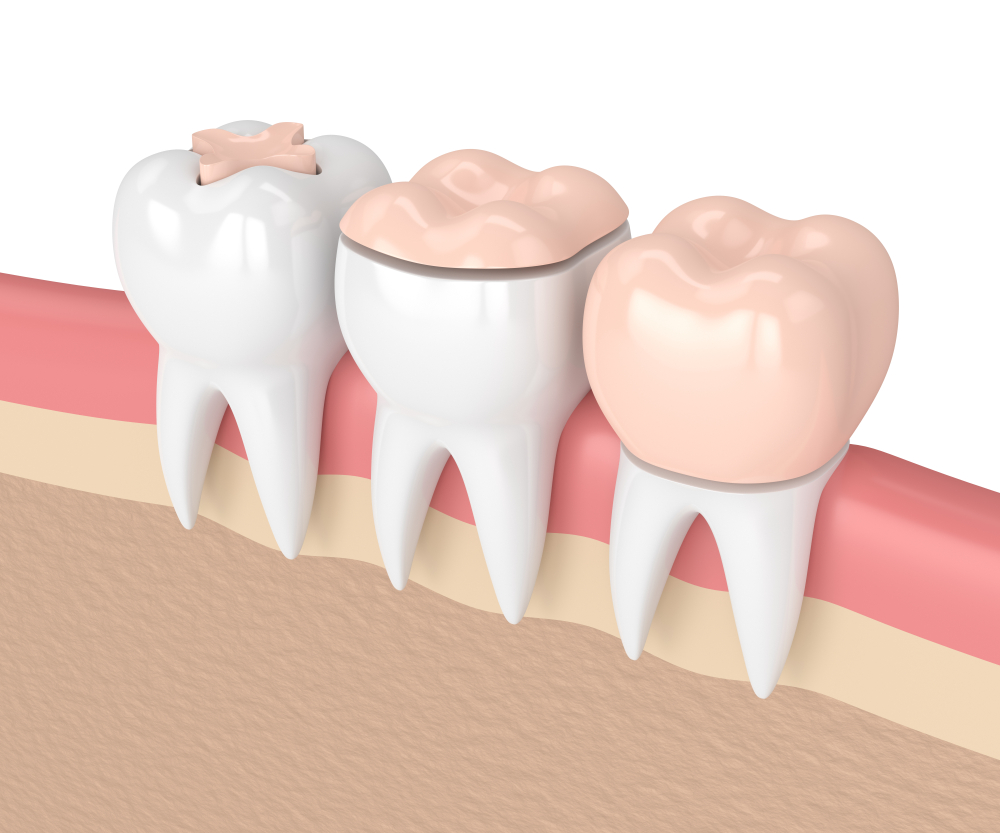

Insurance
We accept many insurances. Please contact one of our Insurance Coordinators to discuss your dental coverage plan.
(718) 948 5111
appointments@sidental.com
Open 7 days a week
Reviews
The dentists are absolutely excellent…
“I have been going here for years. The dentists are absolutely excellent and they always have an appointment available that fits into a busy schedule. I also completed invisilgn and my teeth are perfectly straight now. They also practice preventive medicine and just went in for my 6 month cleaning. Every time feel like I have a new set of choppers and best yet the check up noted no cavities!.”
— J.R
Pleasant visit
“As usual, it was a pleasant visit thanks to Dr. Nasso and her great staff..”
— C.M.
Always treated with courtesy and respect.
“Always treated with courtesy and respect. All of my questions were answered regarding upcoming treatments..”
— J.C.
Smile Profile
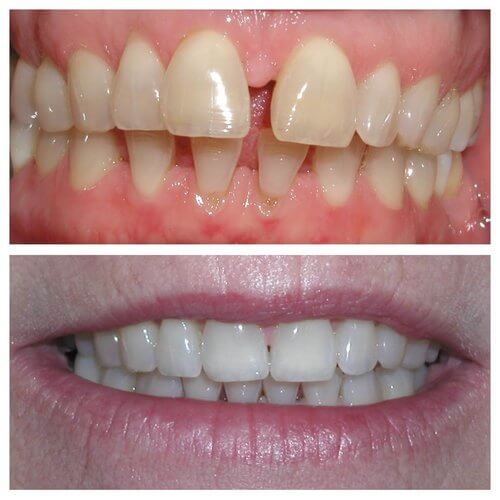
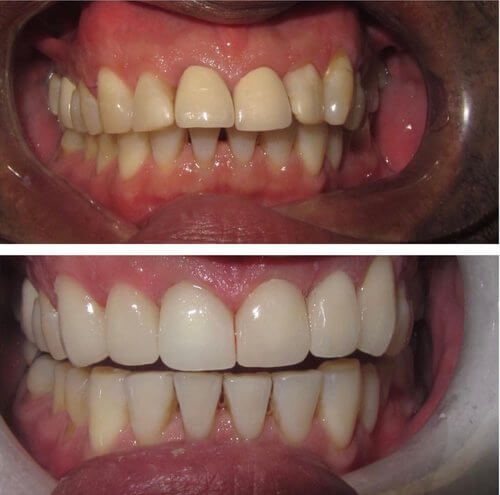
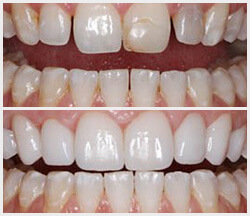
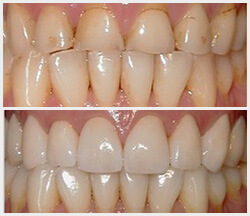
Put your best face forward.
Create a positive change to your teeth and your smile.
